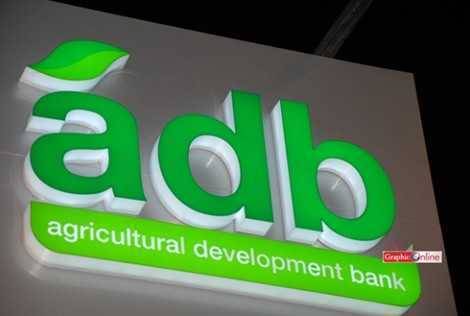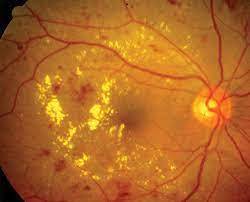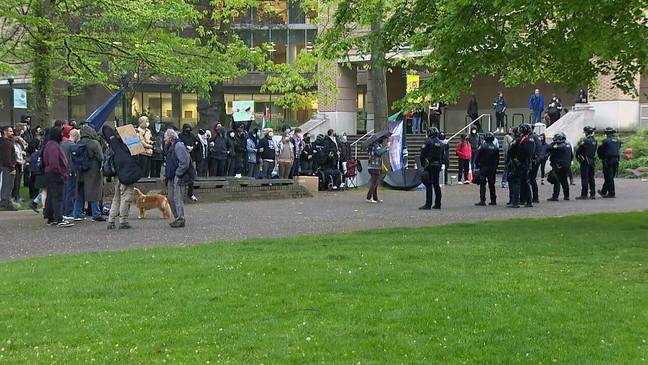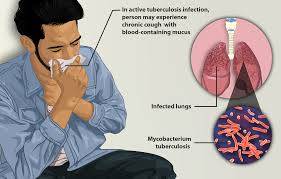The Board of Directors of the African Development Bank Group authorized a $1.5 billion facility on Friday to help African countries avoid an impending food crisis.
Africa today faces a food deficit of at least 30 million metric tons due to the interruption of food supply caused by the Russia-Ukraine conflict, particularly wheat, maize, and soybeans imported from both nations.
Before the planting season begins in May, African farmers desperately want high-quality seeds and inputs to enhance food supply. The $1.5 billion African Emergency Food Production Facility, established by the African Development Bank, is an unparalleled comprehensive endeavor to assist smallholder farmers in meeting the food shortage.
The African Emergency Food Production Facility would give certified seeds to 20 million African smallholder farmers. It will improve access to agricultural fertilizers, allowing them to produce 38 million tons of food more quickly. In only two years, food output would grow by $12 billion.
Before the planting season begins in May, African farmers desperately want high-quality seeds and inputs to enhance food supply.
"Food aid cannot feed Africa," remarked Akinwumi Adesina, President of the African Development Bank Group. Africa does not require bowls. Africa need seeds in the ground and automated harvesters to gather abundant indigenous food. Africa will feed itself with pride since begging for food has no dignity..."
Stakeholder meetings, including those with fertilizer producers and separately with African Union agricultural and finance ministers earlier this month, have benefitted the African Emergency Food Production Facility.
The ministers decided to put in place changes to address the fundamental issues that impede contemporary input markets from operating efficiently.
Since the start of the Ukraine conflict, the price of wheat has increased by almost 45 percent in Africa. Fertilizer costs have risen by 300 percent, and the continent is facing a 2 million metric ton fertilizer shortfall. Bread and other basic staples have already suffered price increases in several African nations. If the imbalance is not closed, Africa's food output would fall by at least 20%, costing the region about $11 billion in lost revenue.
The $1.5 billion plan of the African Development Bank will result in 11 million tons of wheat, 18 million tons of maize, 6 million tons of rice, and 2.5 million tons of soybeans being produced.
The African Emergency Food Production Facility would deliver approved seeds, fertilizer, and extension services to 20 million farmers. It will also aid market expansion and post-harvest operations.
Using its convening authority with major fertilizer makers, loan guarantees, and other financial instruments, the African Development Bank will distribute fertilizer to smallholder farmers across Africa during the next four agricultural seasons.
 blogpay
blogpay



























